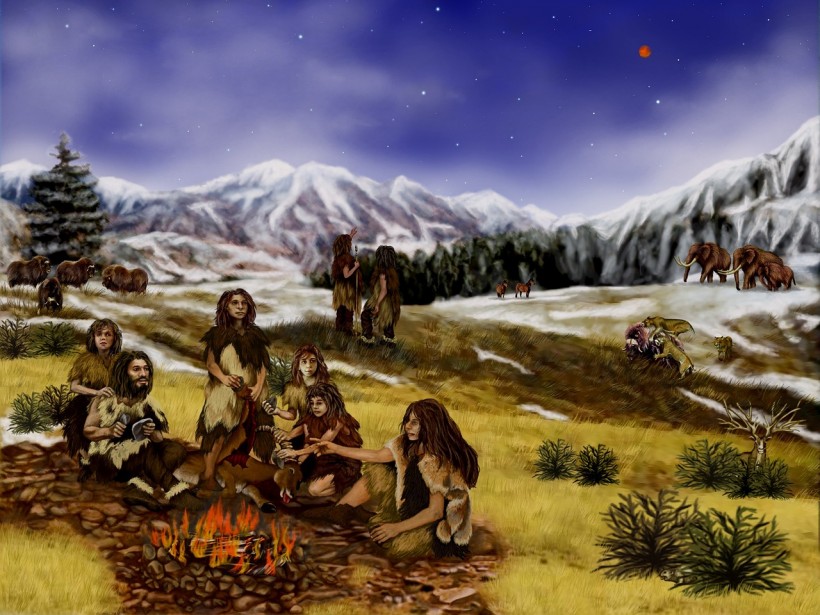Neanderthals are known to be one of our closest human relatives. Excelling in tool-making and hunting, these prehistoric humans lived in Eurasia until they mysteriously disappeared thousands of years ago, based on archaeological evidence. While scientists found Neanderthals lived in caves, it is still unclear whether it was caused by natural factors or not.
One of the leading theories suggests that the competition between Neanderthals and Homo sapiens led to the former's retreat and eventual extinction. However, other possibilities are that climate change and conflict caused their demise.
Regardless, Neanderthals roamed Europe and western Asia for over 350,000 years until their said disappearance around 40,000 years ago.
Now, a new study by archaeologists in Spain discovered that Neanderthals engaged in cannibalism of their young or juveniles.
Despite having the ability to hunt for animals, the findings have not clarified whether the practice is out of necessity or part of a primitive ritual. Still, the new research confirms that cannibalism is common in the ancient world and prevails even until today.
Who Were the Neanderthals?

Scientific evidence tells us that our species and Neanderthals share a common ancestor, wherein DNA and fossil data suggests that Neanderthal and modern human lineages diverged at least 500,000 years ago. Yet, scientists are still uncertain if Homo heidelbergensis, Homo antecessor, or other human species were the common ancestors H. sapiens and Neanderthals, according to the Natural History Museum (NHC).
While us modern humans were evolving in Africa, the Neanderthal lineage had already established itself Europe as early as 400,000 years ago. They covered Eurasia, ranging from modern-day Portugal and Wales in the west, the Atlai Mountains of Siberia in the east, the NHC says.
While prevailing evidence shows that Neanderthals underwent "true extinction," others assert the species did not went extinct but assimilated to modern humans, according to a 2012 study published in Nature Education Knowledge.
Also Read: Major Volcanic Eruption May Have Wiped Out Neanderthals
Neanderthal Cannibalism
Traces of Neanderthal cannibalism has been found in a cave in northeast Spain.
During an announcement on Friday, June 23, researchers from The Catalan Institute of Human Paeleoecology and Social Evolution or IPHES announced they discovered the remains dating back 52,000 years ago at the archaeological site called Cova de les Teixoneres. It is located in the Moianes region of Catalonia, Spain, Newsweek reported.
While previous Neanderthal fossils had been discovered at the same site since 2016, recent inquiries identified "cut marks" on the surface of one of the Neanderthal juvenile's clavicle bone or collarbone. The archaeologists linked these evidences with activities relating to cannibalism.
Does Cannibalism Still Exist?
Cannibalism is a term used to describe the act of eating other members of your own kin or species as a source of food. Although a primitive practice amongst ancient humans, cannibalism has persisted even in modern times in rare cases, particularly for some untouched tribes in remote areas of the world.
In 2016, the Korowai tribe of Indonesia's New Guinea province still allegedly engaged in a culture of cannibalism, according to the site AOL.
Related Article: Neanderthal's Extinction May Be Caused By an Entirely Different Reason
© 2024 NatureWorldNews.com All rights reserved. Do not reproduce without permission.
![Tsunami Hazard Zones: New US Map Shows Places at Risk of Flooding and Tsunamis Amid Rising Sea Levels [NOAA]](https://1471793142.rsc.cdn77.org/data/thumbs/full/70325/280/157/50/40/tsunami-hazard-zones-new-us-map-shows-places-at-risk-of-flooding-and-tsunamis-amid-rising-sea-levels-noaa.jpg)




